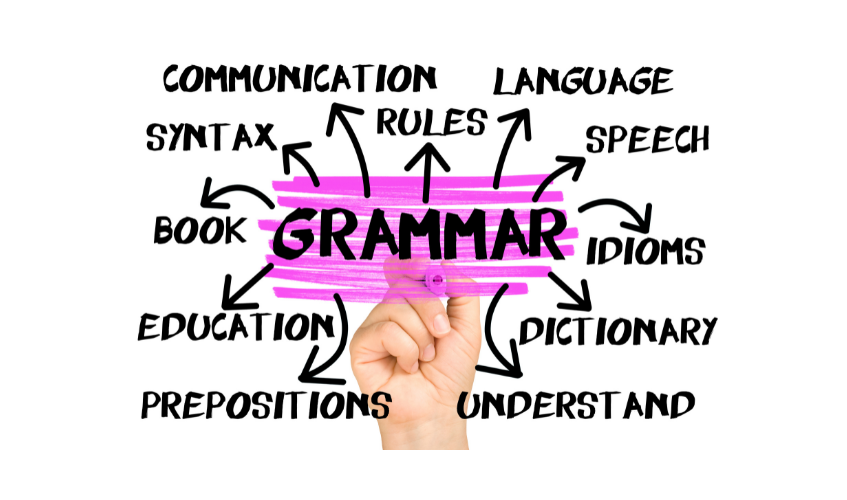Of all the misunderstood grammar terms in the English language, “complex sentence” is perhaps the one that occupies the very top spot.
The problem essentially results from the fact that the word complex has one meaning (very complicated) in everyday language, but a very different meaning in formal grammatical terms.
Not realizing this, most students assume that being asked to write complex sentences means that they are supposed to write sentences that are extremely long and stuffed with all sorts of high-level constructions when that is not at all the case.
This is particularly true in IELTS Writing, where many candidates push this misunderstanding to its extreme. (Of course, these types of statements are frequently found in the essays of native English speakers as well.)
For example, the following is an example of what you should absolutely NOT do:
Incorrect: It is true that the internet has many advantages in terms of accessibility, but at the same time depending on the internet might create some negative effects, for example, one of the most important is many students cannot learn effectively when going to school online which could cause them to become unmotivated and their mental health would suffer.
So, for the record, a “complex” sentence is a sentence that contains two things:
1) A main (independent) clause which can stand on its own as a full sentence.
2) A dependent or subordinate clause (fragment), which cannot stand on its own as a full sentence.
That’s it. Length, vocabulary, and other elements such as verb tense play absolutely no role whatsoever.
Now, there are two main types of dependent clauses used to create complex sentences.
1) Subordinating Conjunction
Common subordinating conjunctions include although, as, because, if, since, when, whereas, while, unless, and until.
Clause beginning with these words cannot stand on their own as sentences.
Fragment: Because the Internet plays such an important role is contemporary society.
Fragment: Although the Internet plays a key role in contemporary society.
In a complex sentence, a clause beginning with one of these words is joined to an independent clause, either before or after.
Complex: Although the Internet plays a key role in contemporary society, I believe that its use in the classroom must be restricted to some extent.
Complex: I believe students must be taught to navigate the internet effectively because it plays such an important role in contemporary society,
Note that when the dependent clause comes first, a comma must be used to separate it from the independent clause. (When the independent clause comes first, the comma is generally optional, except in the case of although, where it is required.)
2) Relative Clause (Who, Which, That, Where)
Relative pronouns are used to create another common type of dependent clause.
Who refers only to people.
Which refers only to things (physical objects or ideas).
That should technically be used only for things, but in everyday life, it is commonly used for people as well. It never follows (or is followed by) a comma.
Where refers only to places.
Complex: Perhaps the internet’s strongest effects are seen in teenagers, who spend increasing amounts of their lives online.
Complex: Many teenagers spend virtually all their time on the internet, which often has a detrimental effect on their ability to manage offline relationships.
Complex: The internet is a technology [no comma] that has come to affect virtually every aspect of people’s lives. (Note that in everyday writing, which is often used interchangeably with that in this type of construction.)
Complex: The internet does have an important role in the classroom, where it can be used to expose students to new ideas and concepts in a variety of subjects.
If you want to get a little bit fancier, a relative clause beginning with which, who, or where, can also be embedded in the middle of a sentence, usually between the subject and verb.
A non-essential clause that begins with which must be set off by commas.
Complex: The internet, which plays an increasingly important role in the classroom, can be used to expose students to new ideas and concepts in a variety of subjects.
A clause beginning with who or where can be either essential (no commas) if it serves to define the subject, or non-essential (commas) if it simply adds an additional description.
Complex (essential): Teenagers who spend most of their lives online may have difficulty navigating offline relationships.
The who clause serves to define the specific group in question (the sentence is talking about teenagers who spend most of their lives online, not teenagers in general). As a result, the clause is essential, and no commas are used.
Complex (non-essential): Today’s teenagers, who often spend most of their waking hours online, actually interact with their peers less than teenagers in the 1990s did.
In this case, the emphasis is on teenagers as a whole, and the information between the commas serves to provide a supplemental description. Thus, two commas are needed.
You can also use an essential clause set off by that. Remember that this type of clause never uses commas.
Complex (essential): One example of a technology that has come to affect virtually every aspect of modern life is the internet.
